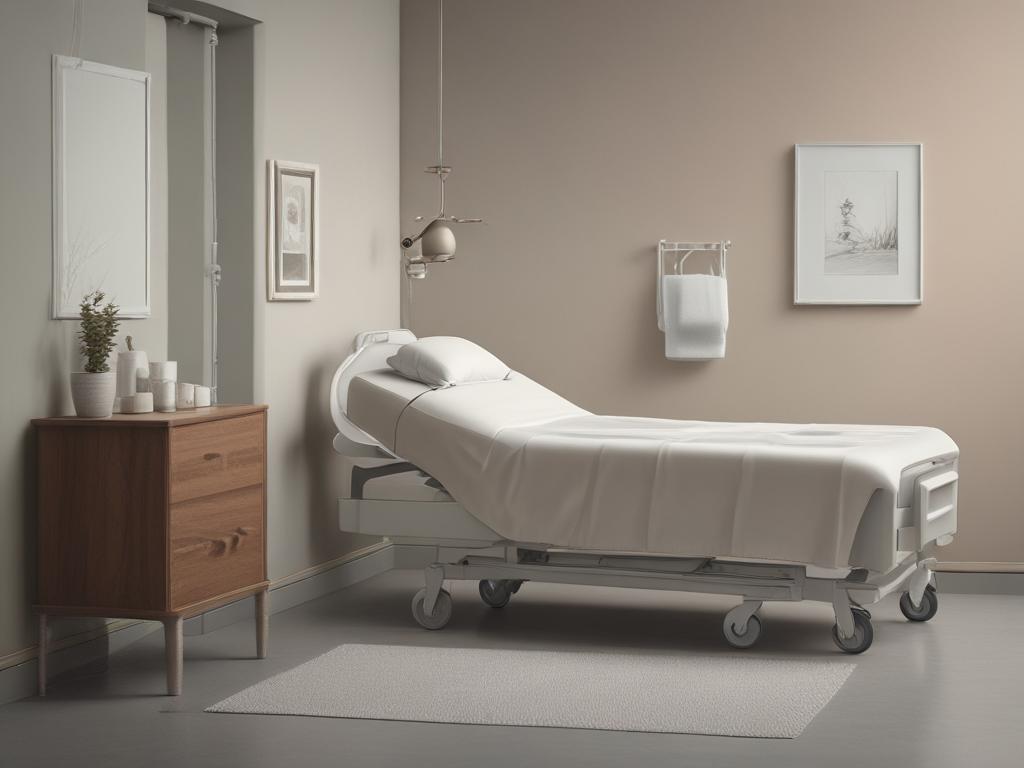
Post-operative care plays a crucial role in the success of your transplant, as it directly influences healing, recovery, and the long-term efficacy of the procedure. After undergoing surgery, patients often feel overwhelmed by the changes in their routines and the responsibilities that come with caring for a new organ. This blog serves as a comprehensive resource, guiding you through the essential steps to ensure a smooth recovery process. By understanding the significance of post-operative care, you can empower yourself to take charge of your health and pave the way for a successful transplant journey.
In this blog, we will explore key tips for effective care during the days following your transplant, helping you navigate this critical phase with confidence. Additionally, we will address some common challenges patients face during their recovery and share practical solutions to overcome them. With the right knowledge and support, you can foster an optimal healing environment and enjoy the benefits of your transplant for years to come. Join us as we delve into this vital aspect of transplant care and learn how to care for your transplant effectively.
Understanding the importance of post operative care for your transplant
Post-operative care plays a crucial role in the success of your transplant. It helps to minimize the risk of complications, facilitates proper healing, and ensures that the transplant functions as intended. By following a structured post-operative care plan, you empower yourself to manage your recovery effectively. Your healthcare team provides specific guidelines based on your unique situation, and adhering to these instructions can significantly enhance your overall health outcomes.
Moreover, engaging in diligent post-operative care fosters a strong connection with your healthcare providers. It encourages open communication about any concerns or questions that may arise during your recovery. Being proactive in your care not only enhances your understanding of the transplant process but also instills a sense of confidence as you navigate the days and weeks following the procedure. Ultimately, prioritizing your post-operative care is essential for achieving the best possible results from your transplant and maintaining your overall well-being.
Essential tips for effective care in the days following your transplant
After your transplant, pay close attention to your body's signals. Follow the prescribed medication regimen meticulously to prevent rejection and complications. Set reminders for doses to ensure you stay on track. Maintaining a balanced diet rich in nutrients will support your healing process. Focus on consuming lean proteins, fruits, vegetables, and whole grains, and remember to stay hydrated. Keep an eye on your fluid intake and discuss any dietary restrictions with your healthcare provider.
Additionally, monitor your surgical site for signs of infection, such as increased redness, swelling, or drainage. Change dressings as instructed, and maintain good hygiene to foster a clean healing environment. Engage in light physical activity as advised; gently walking can promote circulation and expedite recovery without putting too much strain on your body. Also, prioritize rest and avoid overexerting yourself. Listening to your body during this critical healing period sets the foundation for a successful recovery and long-term transplant health.
Common challenges and solutions in your post operative care journey
Post-operative care after a transplant can present various challenges. Patients often face issues such as pain management, risk of infection, and emotional stress. Managing pain is crucial, as discomfort can hinder recovery and disrupt daily activities. To tackle this, maintain open communication with your healthcare provider about your pain levels and medication effectiveness. This ensures that any adjustments can be made promptly. Additionally, keep an eye out for signs of infection, such as redness, swelling, or fever. Following your doctor's guidelines regarding hygiene and wound care plays a vital role in preemptively addressing these concerns.
Emotional challenges often accompany physical recovery, making it essential to prioritize mental well-being. Feelings of anxiety or depression can arise during this period, so it's important to seek support. Lean on family, friends, or support groups to share your experiences and feelings. Establishing a routine can also bring structure to your day, helping ease emotional turbulence. Regular follow-ups with your healthcare team allow for ongoing monitoring and reassurance. By addressing both physical and emotional challenges head-on, you enhance your recovery process, paving the way for a healthy and fulfilling life post-transplant.